Borders is a competitive selection born from the collaboration between Lago Film Fest and Concorto Film Festival, intended as a moment to reflect, through cinematic representation, on a recurring concept in the contemporary debate and often difficult to define: the concept of borders. The word border is being increasingly associated with terms such as conflict, fear, exclusion, alien. In a world that in the last decades has been rapidly transformed by riding on the ragingly fast wave of globalization, we seem to witness today an abrupt change of course: the universal ideal of the forming a federation of States in order to abolish the borders that separate them and pursue common interests appears to be in crisis the world over, questioned by (often inauspicious) identity claims.
The selected shorts
selected by Claudia Praolini – Concorto Film Festival
489 YEARS, by Hayoun Kwon, France
Beauty of a Stateless Mind, by Lutia Swan-Hutton, UK
Do not come to Europe, by Lundberg Minna/ Pousette Hanna/ Joneström Pontus, Sweden
De l’autre rive (From the other bank), by Jean-Claude Banys, France
Initiation, by Teboho Joscha Edkins, Germany
Makhno, by Sandro Bozzolo, Italy
Mille autres raisons (Many more reasons), by Clément Postec, France
Meryem, by Reber Dosky, The Netherlands
No Man’s Land, by Asfaneh Salari, Portugal/Iran
The temptation of fortress, by Martina Magri, France
Here below you can find our reviews, visions and perspective we hope will tickle your interest and encourage you to attend the screening that will take place in this sixteenth edition of Concorto Film Festival (August 19-26 2017).
489 YEARS – Hayoun Kwon
seen by Yorgos Kostianis
Employing a video game first-person-shooter perspective, multimedia artist and director, Hayoun Kwon takes us on a computer-animated rendition of a South Korean soldier’s patrol along the country’s Demilitarized Border Zone (DMZ) with North Korea. Kwon confronts the difficulty of representing and experiencing the liminal space of borders – as the division that they impose is not solely geographical but also psychological. The photo-realistic accuracy of CGI offers a vivid imagery to the storytelling as the narrator reminiscences patrolling the DMZ, and admits that despite it being a frustrating place for him, he eventually grew to appreciate its otherworldly beauty.
BEAUTY OF A STATELESS MIND – Lutia Swan-Hutton
seen by Yorgos Kostianis
Beauty of a Stateless mind is a 10-minute poetic documentary that stood out, at the Encounters Short Festival in Bristol, for its genuinely original, compassionate and humane approach to immigration, and was the winner of the prestigious ‘NAHEMI Award for Creativity’. It sheds light on the plight of the artistic inhabitants of the Calais’ infamous refugee camp, the “Jungle”. It focuses on four artists of different disciplines and mediums and their individual reflections on loss, dreams, immigration and how their artistic expression helps them cope with this harsh reality.
DE L’AUTRE RIVE (FROM THE OTHER BANK) – Jean-Claude Banys
seen by Silvia Alberti
Director Jean Claude Banys is the recipient and at the same time the resonance case of some women’s testimonials. Through painted canvases, we are told their stories drawn from a current drama: immigration. Those who come from the other bank are human beings, but too often they are not welcomed as such. The women portrayed are first and foremost mothers, this red thread runs through the short film: the pain caused by separation from the children. Pain and modern slavery in sharp contrast to the riches of the Western world. A gap that, like these women, traverses every border.
DO NOT COME TO EUROPE – Lundberg Minna/ Pousette Hanna/ Joneström Pontus
seen by Yorgos Kostianis
Swedish artist Pontus Joneström and his crew decided to turn the tables on our understanding of the refugee crisis by asking the seemingly outlandish question: “Do you think you could ever become a refugee?”
The mindlessly carefree responses of the Swedish passers-by interviewed on the street edited in juxtaposition to the graphic and terrifyingly chilling recounts of Congolese refugees on how unprepared and unsuspecting they were of the looming war that forced them to flee to the neighbouring country of Uganda, is the narrative genius that makes this short so profoundly impactful and introspective – holding a mirror up to today’s society.
INITIATION – Teboho Edkins
seen by Silvia Alberti
The mingling of man and nature, vivid colours, group songs: rites that carry us into a world we are often foreign to, the indigenous world. In the state of Lesotho, an enclave territory within the Republic of South Africa, the same challenges of Western civilisations are consumed. One of these is the transition from the age of innocence to adulthood. Ten minutes are enough to cross the borders and win the foreignness.
MAKHNO – Sandro Bozzolo
seen by Yorgos Kostianis
Makhno is a film by Sandro Bozzolo and a part of the project Alcoltra BORDERSCAPES. Through his “glass-eyed” lens the artist explores the mountain paths between the region of Piemonte and France, reflecting on the concept of geographical, historical, political and cultural limits itself. In pursuit of a confining line that the passage of time has rendered vague and invisible, Bozzolo exhibits an impeccable collection of landscape shots cladded in an alluringly harmonious soundtrack interrupted only by the narrator’s mesmerising hypnotic voice. “If people didn’t abandon the borderline, your film would be pointless” argued a wanderer to the director during the shooting, encapsulating in those words, perhaps unwittingly, the whole purpose of this project.
MERYEM – Dosky Reber
seen by Yorgos Kostianis
In this short biopic, Reber Dorsky paints the portrait of Kurdish commander Meryem, leader and mother figure of a group of female freedom fighters leading the battle in Kobani against IS. Through Dorsky’s incisive and candid lens we get a small glimpse into the daily lives of those valiant, lionhearted women and their steadfast leader who guides them through the sorrow of loss and the horrors of war towards the hope of liberation.
MILLE AUTRES RAISONS (MANY MORE REASONS) – Clément Postec
seen by Silvia Alberti
Absolute simplicity. Two voiceovers resonate, interspersed with footage of desert landscapes and dry climates. A perfect junction between the outward appearance of the environment and what it offers. No chance for life to grow drowned out by rocks, dust and prejudices. What happens when a refugee seeks asylum for political reasons? The soul can die even if the body stays alive, hierarchy no longer exists.
NO MAN’S LAND – Asfaneh Salari
seen by Yorgos Kostianis
In No Man’s Land, Iranian documentary filmmaker Afsaneh Salari delves into a different kind of border: that between life and death. We get a window into the lives of the employees of Portugal’s largest funeral enterprise. Salari focuses on the mundaneness and repetitiveness of their jobs in order to underscore their lively attempts to distract themselves from the macabre and lugubrious nature of their line of work.
THE TEMPTATION OF FORTRESS – Martina Magri
seen by Silvia Alberti
Brilliant colours for the ultimate Boulevard Périphérique; black and white for old photographs of workers and soldiers. In this short film, two contemporary events of France between the years 50 and 60 are told: the end of the ring road in Paris and the war fought in the ancient colony of Algeria. Both characterised by a common issue made clear by Brecht’s initial quote (“Questions from a worker who reads “): men who build the story are common people and that’s why they are easily forgotten. In fact, the only voice we are allowed to hear is that of Defense Minister Pierre Messmer. A vibrant voice clashing with mute photographs. Martina Magri gives them at least some sort of commemoration.

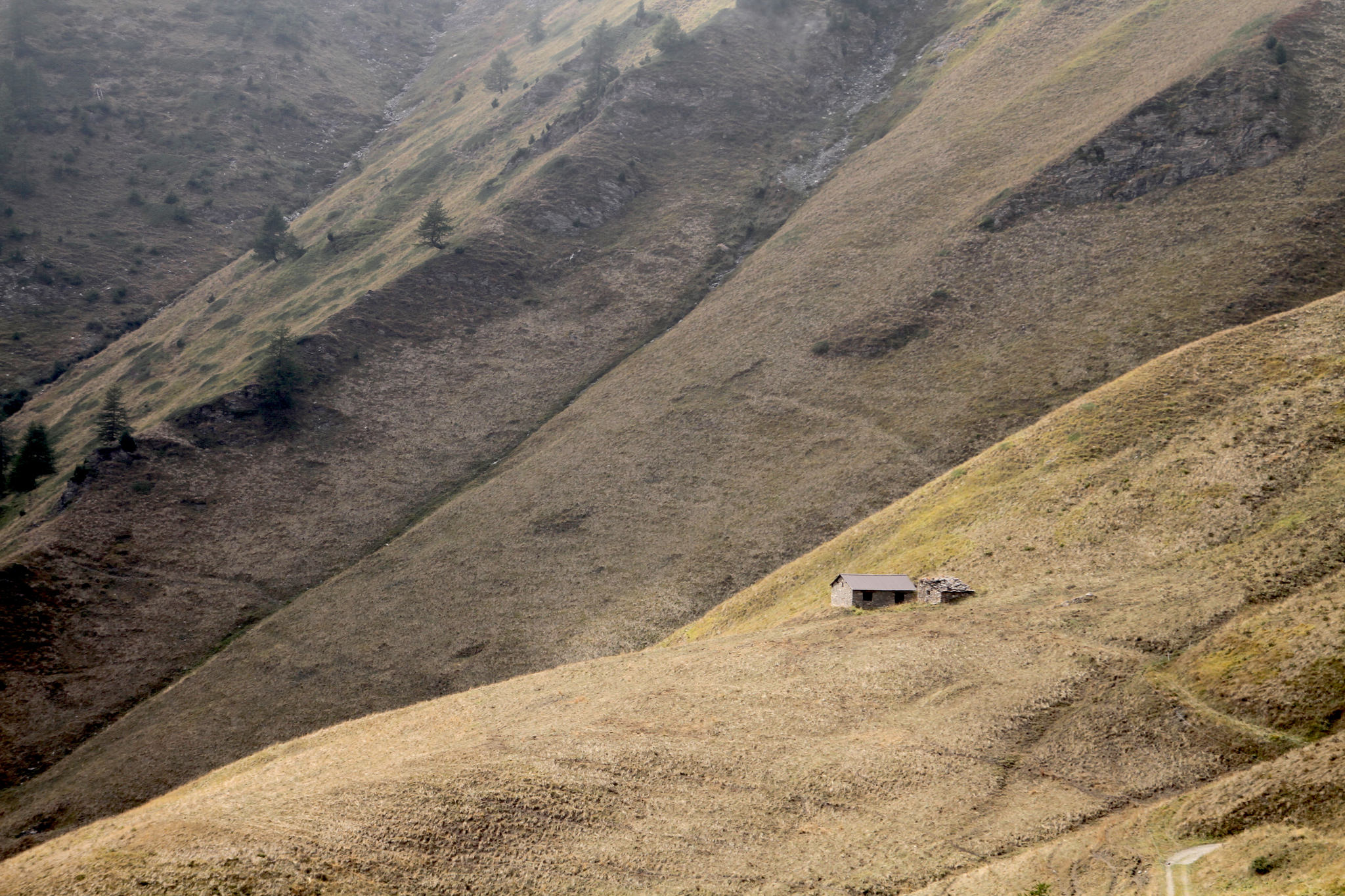
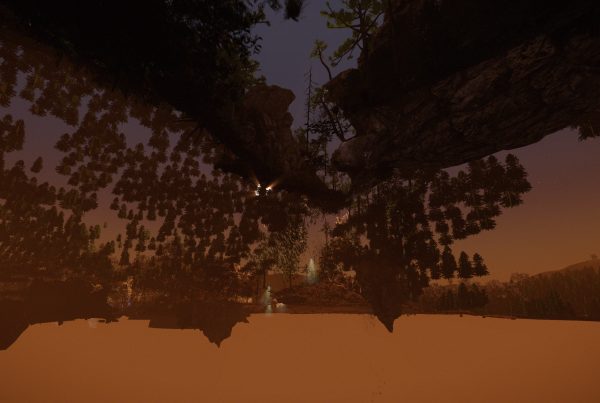
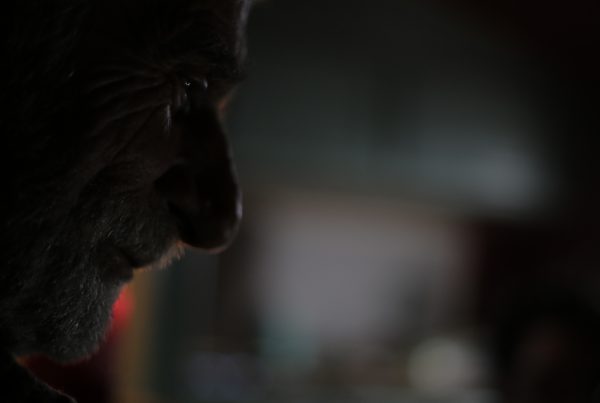
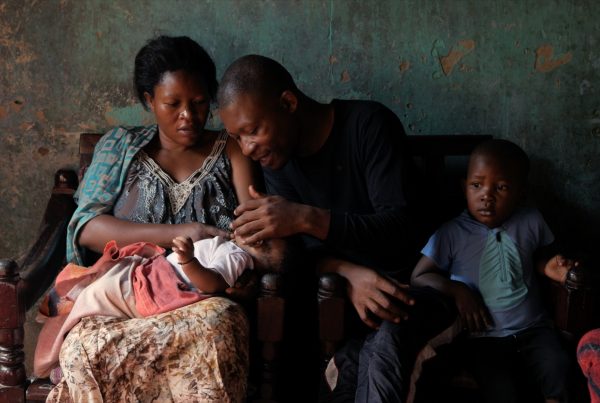
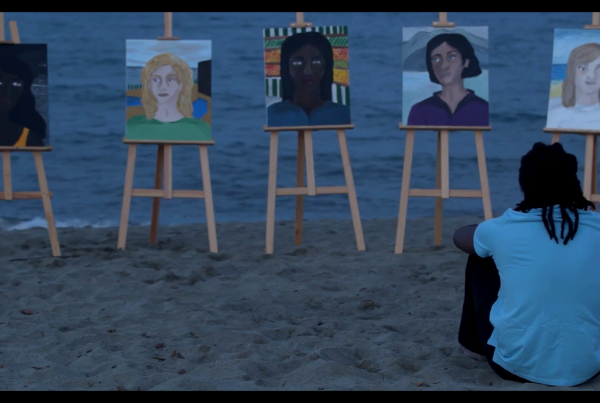
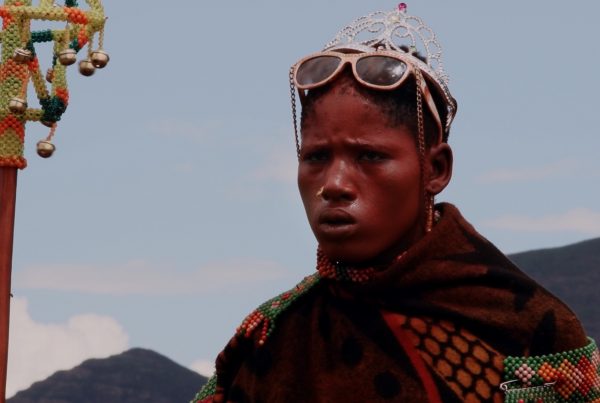
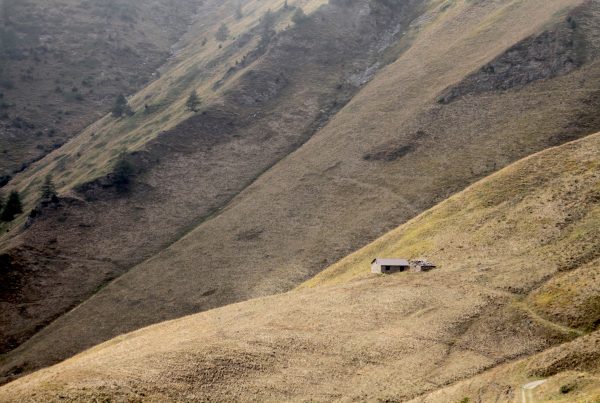
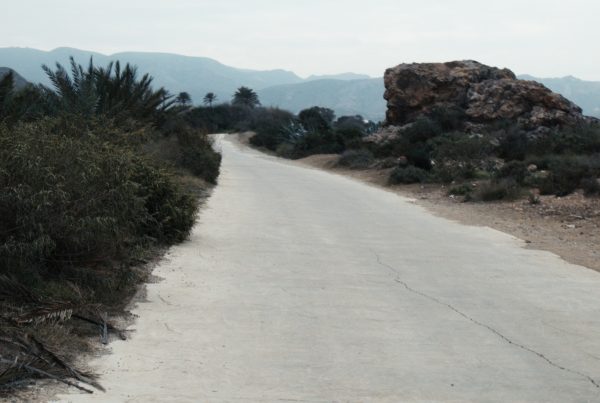
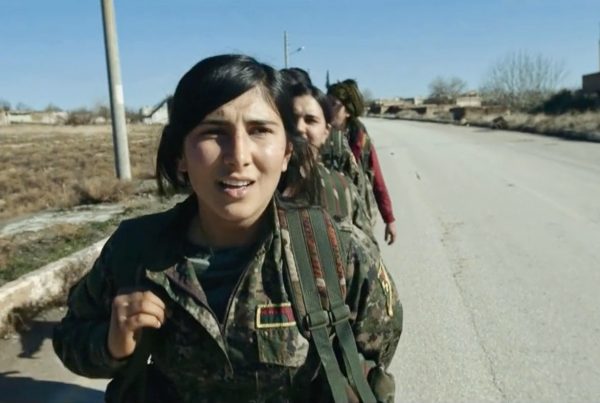
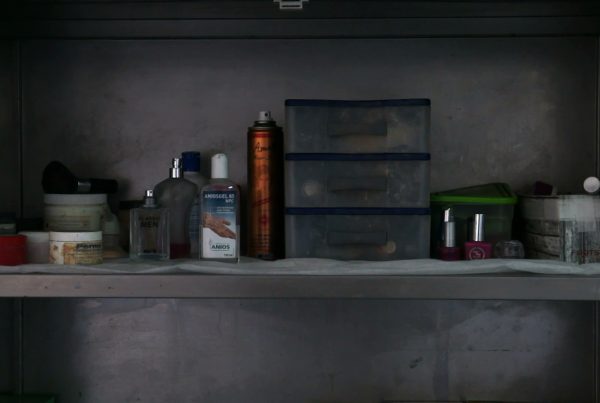
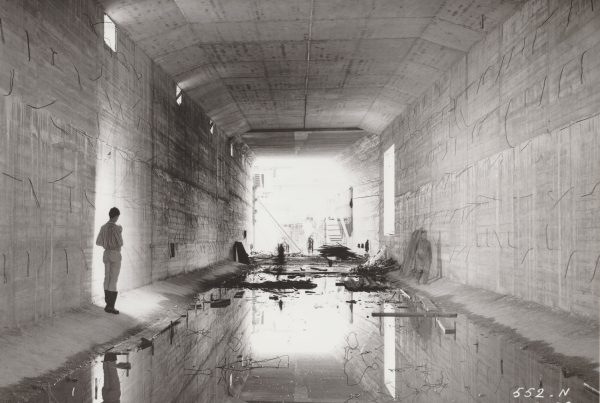



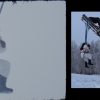


Commenti recenti